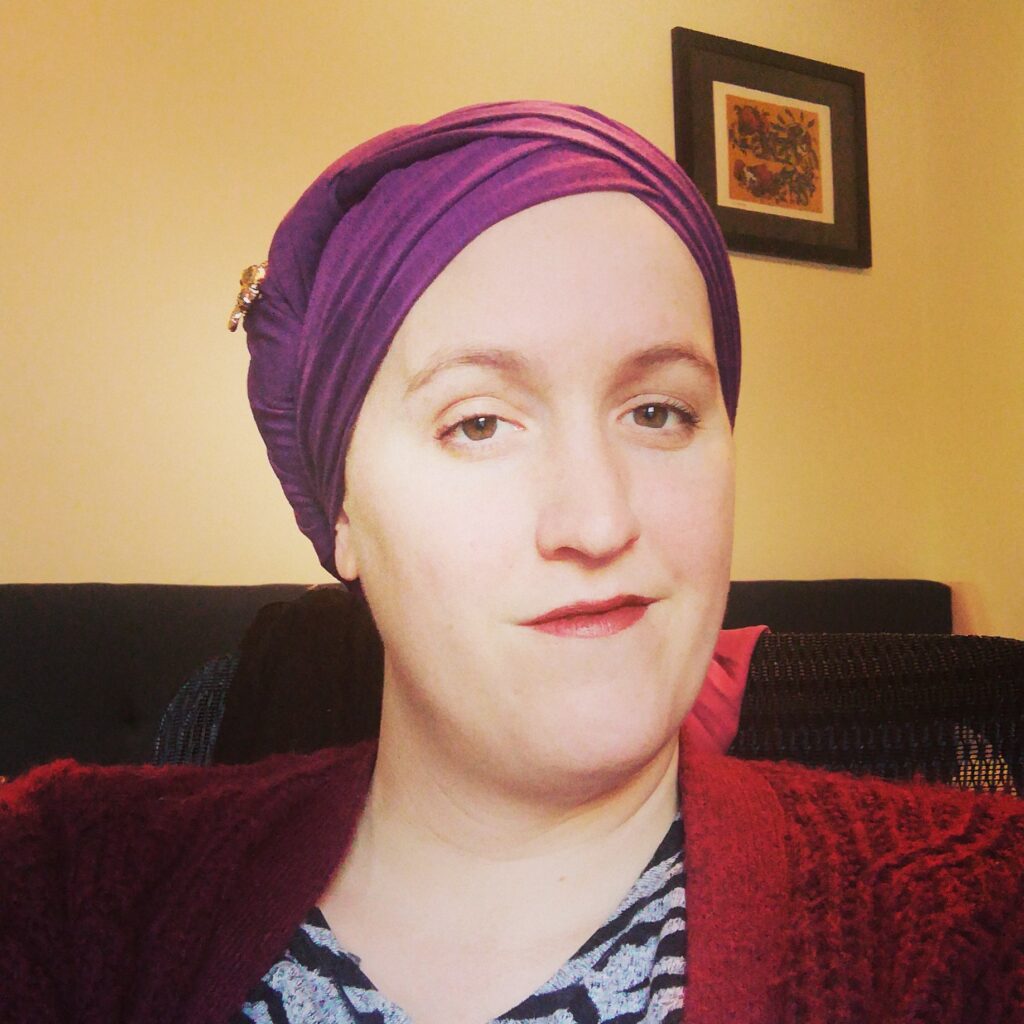
Rabbi Xava De Cordova will discuss her Evolve essay with Rabbi Jacob Staub. What can all Jews learn from trans-Jews about reconstructing our relationship to inherited Jewish laws and customs?
There is no charge required to register for an Evolve web conversation. Participants can interact with the speaker, making comments and asking questions.
About Rabbi Xava De Cordova
Rabbi Xava De Cordova is a disabled, Sefardi, Mizraxi trans woman and co-host of the world’s first Queer Talmud podcast, “Xai, how are you?”. She is a long-time SVARA-style Talmud learner and SVARA teaching kollel fellow who got her start as a teacher by creating Beit Midrash Behind Bars, an organization that facilitated Jewish learning opportunities for incarcerated people in Washington State. She is also the co-founder of Shel Maala, an online-first queer yeshiva , which she co-founded as a SVARA fellow with Binya Koatz. She lives in Providence, RI, where she regularly produces Jewish ritual theatre (or did, before the pandemic), studies for private ordination and does her best to steward the radical tradition she’s been blessed to inherit.
About Evolve
Evolve: Groundbreaking Jewish Conversations is an initiative of Reconstructing Judaism. We seek to promote the ongoing evolution of the Jewish community by launching collective, communal conversations about the urgent issues of our day. To that end, Evolve brings multiple voices together to listen to one another’s point of view and to interact respectfully. In an era when it has become ever more difficult to remain open to viewpoints that differ from our own, Evolve cultivates covenantal conversations even when we disagree. In this way, we hope to enhance the ongoing evolution of Jewish civilization.
Learn more on our Evolve website.
Evolve does not endorse every viewpoint presented on its platform. Its goal is to cultivate groundbreaking, constructive, respectful conversations about urgent issues of concern. Evolve makes space for a wide range of viewpoints and seeks to support constructive debate while abiding by the values of tzelem Elohim (regarding and treating all people as created in the divine image), kavod (respect), redifat shalom (pursuing peace) and makhloket leshem shamayim (disagreements for the sake of heaven).









